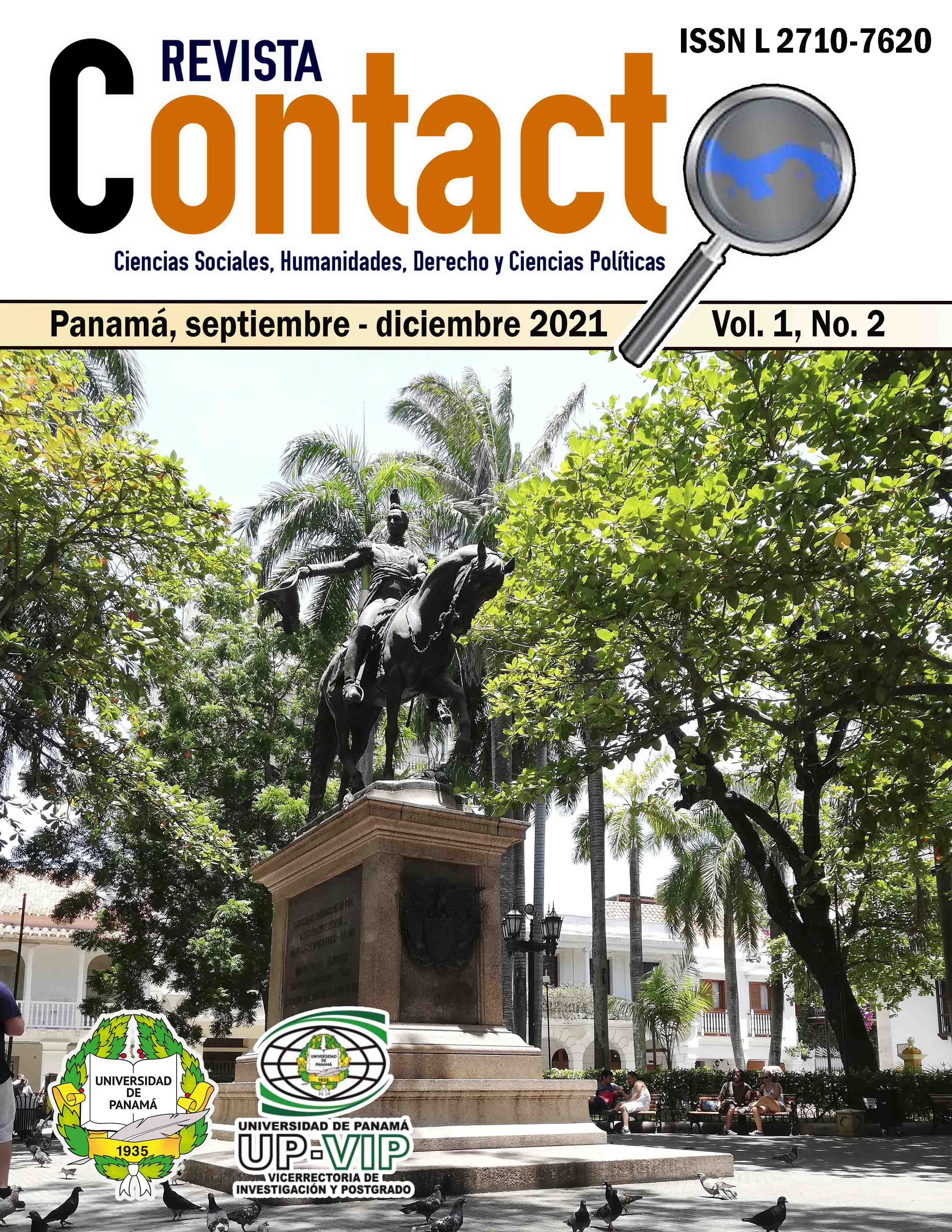

Background: Alternative energies are currently important to achieve sustainable development. However, the perspective, environmental governance and sustainability in the rural sector can be separated from energy inefficiency. The department of Meta, being in a strategic geographical position, suffers from electricity shortages, being the rural sector the most affected. Objective: Analyze the energy perspectives that contribute to the sustainability of the rural sector in the department of Meta- Colombia. Methodology: qualitative narrative approach with complexity analysis. Open interviews were conducted with owners of rural economic units and key informants; field diary was used and analyzed through semantic constructs. Findings: The energy perspective of the rural sector is linked to governance processes, being a strong opposition to the institutionalization of the energy service. Likewise, the energy perspective of the region is submerged under corruption processes, according to key informants. Knowledge of alternative energies to provide environmental sustainability in the rural sector was identified. Conclusions: Energy governance grants autonomy to rural communities, separating itself from institutional interests. Some economic units in response to institutional abandonment chose the use of alternative energies.